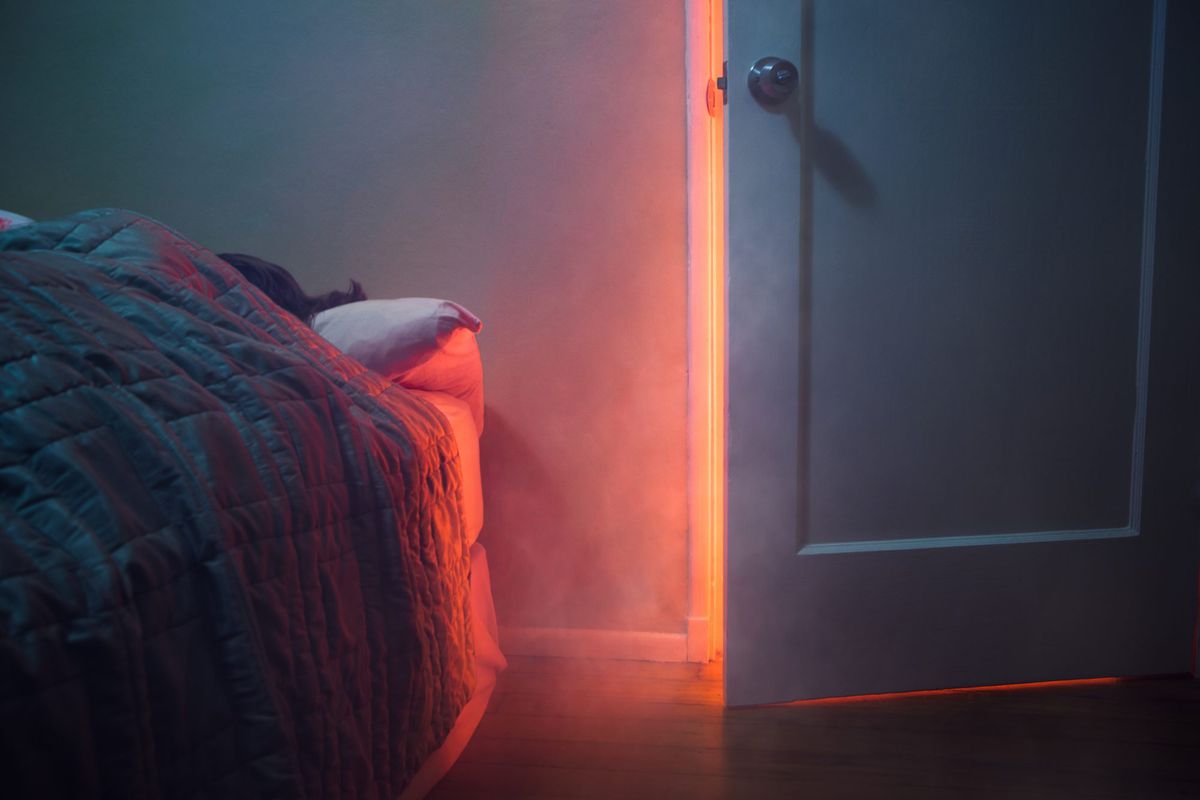150 mg clomid and pregnancy

Following severe winter storms, widespread power outages in Texas are forcing people to turn to dangerous measures to heat their homes, including grills, cars, space heaters, and generators. As of Tuesday, at least 300 cases of carbon monoxide poisoning had been reported in Harris County, including two fatalities.
Judge Lina Hidalgo shared the concerning news in a live update from the Office of Homeland Security and Emergency Management, calling the poisonings a "disaster within a disaster" and adding that the numbers coming out of Harris County are "just the tip of the iceberg."
The Houston Chronicle reported that there had been 100 emergency room cases related to carbon monoxide poisoning across Memorial Hermann Health System hospitals, zoloft withdrawel affects and more than half of the patients were children.
"With that number of patients going in, it's turning into a mini mass-casualty event," said Samuel Prater, MD, a UTHealth emergency physician who works with Memorial Hermann.
Dr. Prater warned that if you're using a generator to supply power, it needs to stay outside. He added that "under no circumstances" should barbeque pits be used to heat the inside of the home.
"They've been going without heat for over 30 hours now and trying to protect their families by doing the best way they know how," Rachel Neutzler, a spokesperson for the Harris County Fire Marshal's office, told the Chronicle. "Unfortunately, all these carbon monoxide poisonings are preventable."
What is carbon monoxide?
It's a gas found in fumes produced any time fuel is burned in cars, engines, stoves, lanterns, grills, fireplaces, gas ranges, or furnaces, according to the Centers for Disease Control and Prevention (CDC). Carbon monoxide (CO) is both colorless and odorless, which makes it particularly dangerous because you can't smell or see it—and explains the name "the silent killer."
Signs of carbon monoxide poisoning
"Carbon monoxide isn't irritating and won't cause difficulty breathing," Susan Katz, a nurse practitioner and pediatric injury prevention coordinator at Stony Brook Children's Hospital in Stony Brook, New York, previously told Health. You should look out for dizziness, stomach problems, headache, and drowsiness—especially if several people start complaining of the same symptoms all at once.
The CDC warns that people can die from carbon monoxide poisoning in their sleep before they even begin to show symptoms, making it crucial to take all necessary preventative measures.
How to protect against carbon monoxide poisoning
The easiest way to protect against carbon monoxide poisoning is to fit a battery-operated CO detector on every level of your home. Check the batteries twice a year (a good way of remembering to do this is to do it when you change the time on your clocks each spring and fall) and replace the CO detector itself every five years, according to the CDC.
Even with a CO detector, you still shouldn't use portable, flameless chemical heaters or generators indoors. (And outdoors really does mean outdoors—Consumer Reports advises a distance of 20 feet away from your house, with the engine exhaust directed away from windows and doors.)
Don't run your car in your garage—even if the garage door is open, Katz added. And if you park your car outdoors, check that the tailpipe isn't blocked by snow before starting the engine. (CO can leak into the passenger compartment!) Katz suggests extending your winter weather checks to your water heater and any other gas-, coal-, or wood-burning appliances. During and after storms, make sure your dryer, stove, fireplace, and heater vents are free of snow and other debris.
If you think you’ve been poisoned, act fast
If you start feeling the common symptoms of CO poisoning, get out of your home immediately. Katz previously told Health that most people should start to feel better in the fresh air, which helps the carbon monoxide leave their system but warned that those who are at higher risk of complications—including children and older adults—may still need medical attention.
Once you're outdoors and breathing fresh air, call 911 or your local emergency number. "You want to be able to think with a clear head," Katz said. "The longer you wait to get outside, the higher your risk is of becoming unconscious and not making it out at all."
You should take these steps, without delay, if the alarm on your CO detector goes off, even if you don't have any symptoms or feel ill.
To get our top stories delivered to your inbox, sign up for the Healthy Living newsletter
Source: Read Full Article
